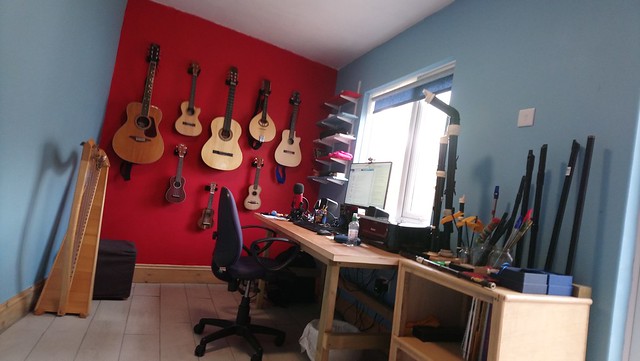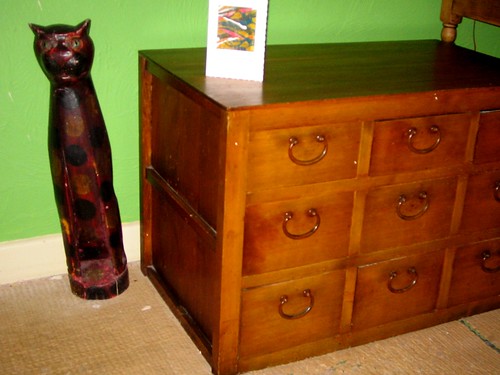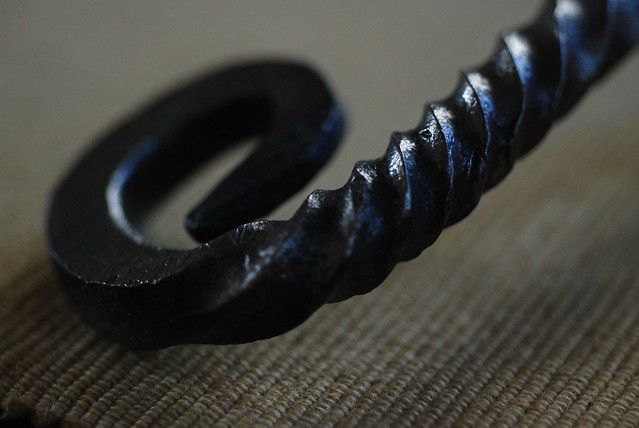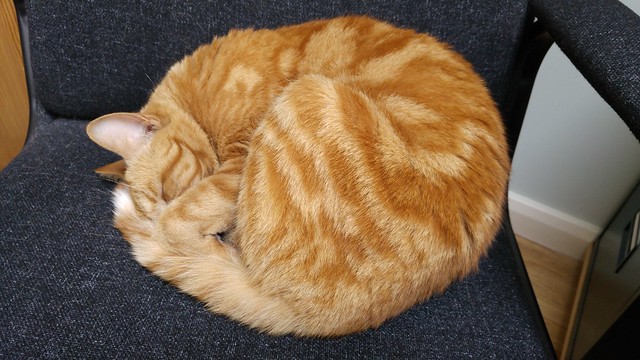The attic in my house is currently being converted into a usable space, so I thought I’d look into the origins of the word attic and related ones.
An attic is:
- The space, often unfinished and with sloped walls, directly below the roof in the uppermost part of a house or other building, generally used for storage or habitation.
- A person’s head or brain (slang)
It comes from the French attique (penthouse flat/apartment; Attic, delicate, elegant), from the Latin atticus (Attic – relating to Athenian culture or architecture), from the Ancient Greek Ἀττικός [at.ti.kós] (Attic, Athenian). Apparently the name is related to the practice of decorating the top storey of building facades in the Attic architectural style [source].
Another word for attic is loft, which used to mean air, sky or the heavens. It comes from the Middle English lofte (air, sky, loft), from the Old English loft, a version of lyft (air, atmosphere, sky), from the Proto-West-Germanic *luftu (roof, air). from the Proto-Germanic *luftuz (roof, firmament, heavens, sky, air) [source].
Words from the same roots include lift and aloft in English, lucht (air) in Dutch and Luft (air) in German.
Attics might also be known as garrets, which comes from the Middle English garett (watchtower, turret, attic), from the Old French garite (watchtower), from guarir (to protect, save, cure, heal), from the Frankish *warjan (to ward off) , from the Proto-West Germanic *warjan (to ward off, defend against), from the Proto-Germanic *warjaną (to ward off, defend against, thwart, stop) from the PIE *wer- (to heed) [source].
Words from the same roots include weir in English, weren (to hold back, keep out, defend oneself) in Dutch, wehren (to fight, defend) in German, guérir (to cure, heal) in French [source].
Are there interesting words for attics in other languages?












